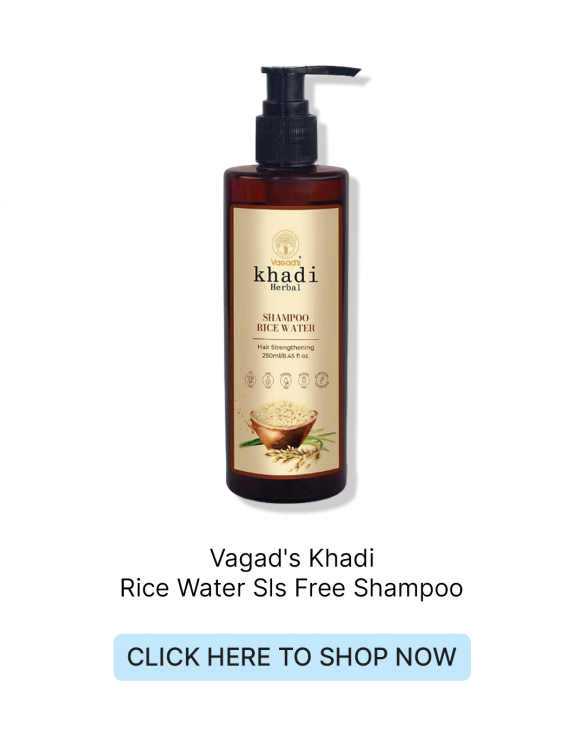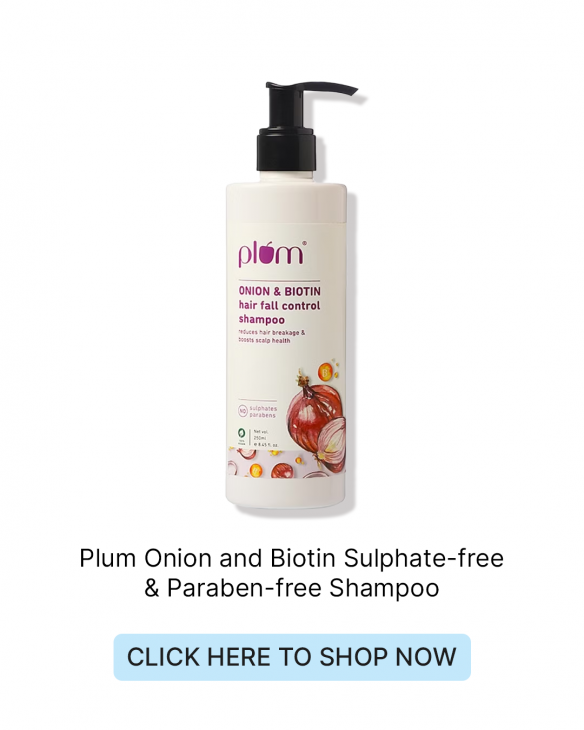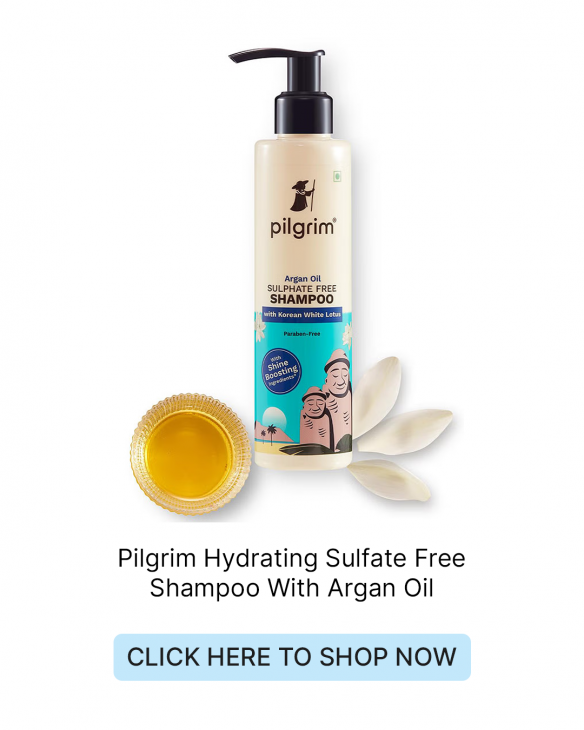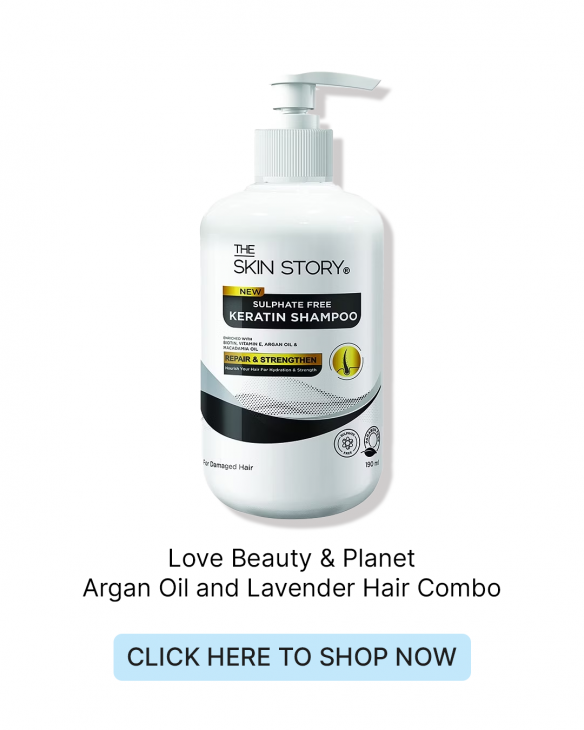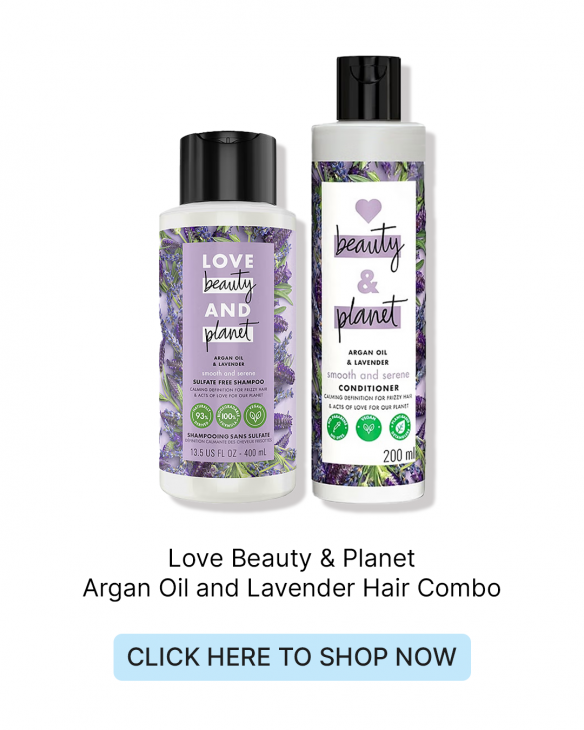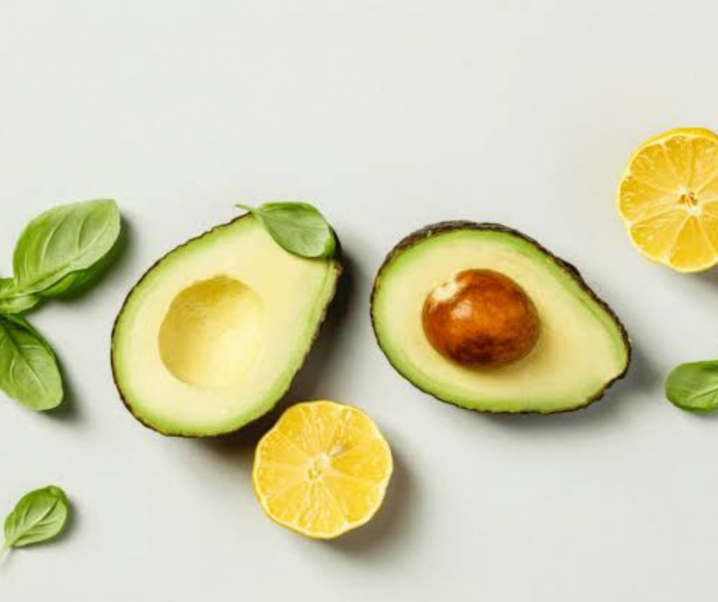Shampoo shopping can be overwhelming when trying to understand endless ingredients on labels, but two names often stand out: Sodium Lauryl Sulfate (SLS) and Sodium Laureth Sulfate (SLES). If you have wondered what these are and whether they’re good for your hair, this guide is for you. Let’s dive into the science behind these common shampoo ingredients, their potential risks, and how to choose the right products for your hair.
Understanding SLS and SLES: Definitions and Functions
Sodium Lauryl Sulfate and Sodium Laureth Sulfate are chemical compounds known as surfactants. They are responsible for the lathering of shampoos. Surfactants essentially break down oil and grease, making it easier to be rinsed away!
SLS:
Powerful cleansing agent commonly present in shampoos, body washes, and even household cleaning products.
SLES:
Milder derivative of SLS; it is created by a process called ethoxylation, which makes it less likely to cause skin irritation in comparison.
Potential Adverse Effects of SLS and SLES on Hair and Scalp
While they help create the lather associated with cleansing, they have a downside – especially for those with a sensitive scalp or dry hair.
Strips away natural oil:
SLS and SLES are so effective that they can strip the scalp’s natural oils, leaving hair dry and brittle. This creates a problem, especially for those with curly, colour-treated, or naturally dry hair, due to the need for moisture for shine and manageability.
Scalp irritation:
Individuals suffering from sensitive scalp and skin conditions like eczema or dermatitis might experience irritation, itchiness, redness, or flaking when using shampoos with SLS or SLES. Though SLES is milder, it might still cause irritation to some.
Comparative Analysis: SLS vs. SLES
Let’s break down the differences between these two ingredients:
| Chemical Structure | Concentrated | Modified for gentler cleansing |
| Cleansing Power | Strong | Moderate |
| Irritation Risk | Higher | Lower |
If you’re prone to sensitivity, opting for sulfate-free shampoos might be a safer choice.
Identifying Sulfates in Your Hair Care Products

Here are the terms you should look for in your shampoo to check the presence of these chemical ingredients.
- Alternative Names for SLS: Lauryl sodium sulfate, monododecyl ester.
- Alternative Names for SLES: Laureth sulfate, sodium dodecyl polyoxyethylene ether sulfate.
Pro Tip: Most ingredients are listed according to their concentration. So, if SLS or SLES is present towards the top, it is likely the primary cleansing agent.
Expert Opinions and Research Findings on Sulfates in Hair Care
What do Dermatologists say?
Most dermatologists agree that the occasional use of products with SLS or SLES is unlikely to cause harm to most people. However, for those with sensitive scalp, they recommend a sulfate-free regimen.
Recent Studies:
SLES is less likely to cause skin irritation than SLS, but repeated exposure to both will eventually weaken the scalp’s barrier function. For this reason, experts suggest alternating or limiting products containing these sulfates.
Personalising your Haircare: Are SLS and SLES to be avoided?
Not everyone needs to avoid sulfates. Here’s how to decide:
Check Your Hair Type: Oily hair benefits from both SLS and SLES, but dry or colour-treated hair fares better with sulfate-free products.
Monitor Scalp Sensitivity: If you notice redness, flaking, or itching, it might be time to ditch sulfates.
Transition Slowly: Your hair will require a little acclimatisation before this move occurs because sulfates are now transitioning into sulfate-free shampoos.
Personalising Hair Care: Should You Avoid SLS and SLES?
Not everyone needs to avoid sulfates. Here’s how to decide:
- Check Your Hair Type: If your hair is oily, you may benefit from SLS or SLES in moderation. Dry or colour-treated hair will fare better with sulfate-free products.
- Monitor Scalp Sensitivity: If you notice redness, flaking, or itching, it might be time to ditch sulfates.
- Transition Gradually: Switching to sulfate-free shampoos can take time, as your hair adjusts to less aggressive cleansing.
Sulfate-free Shampoo Picks:
Final Thoughts
Sodium Lauryl Sulfate (SLS) and Sodium Laureth Sulfate (SLES) play significant roles in shampoos, but their potential effects on hair health mean they may not be right for everyone. Whether you stick with sulfates or go sulfate-free, the key is understanding your unique hair needs. With informed choices, you can keep your locks looking and feeling their best.


